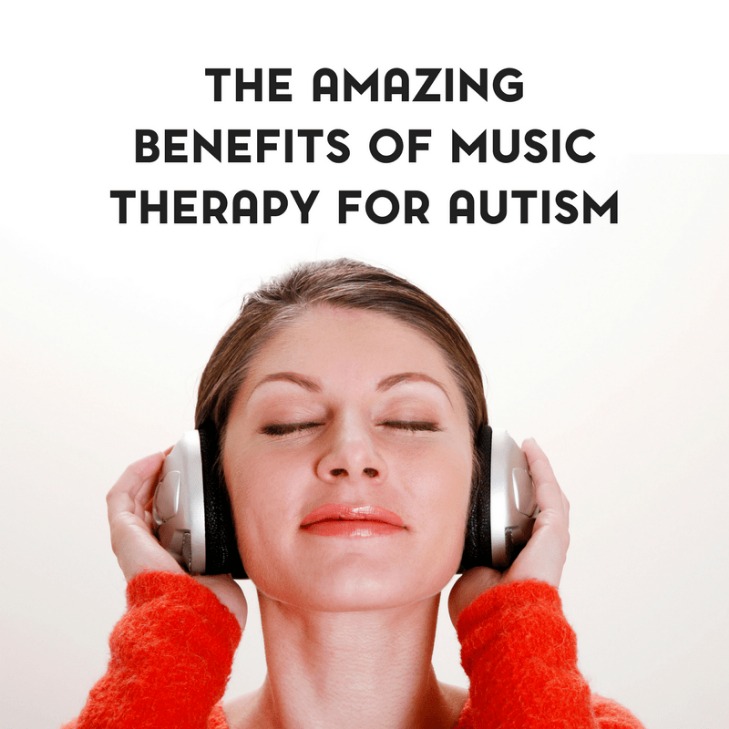Benefits from music therapy for Autism Spectrum Disorder are visible on an individual basis, but the impact can be transformative for the person’s family, too. Music therapy has been shown to be a powerful tool that can help individuals with autism in many ways. We offer a comprehensive Music Therapy Diploma Course that can equip you with the necessary skills and knowledge to become a qualified music therapist. This course covers a range of music therapy techniques and applications, including those specifically designed for individuals with autism. Music therapists work closely with individuals with autism, as well as their families and other healthcare professionals, to create individualised treatment plans that incorporate music therapy into their overall care plan. By working collaboratively with other healthcare professionals, music therapists can ensure that individuals with autism receive the care they need to thrive.
Aside from music therapy, speech therapy also use music as a mode to help with speech development in children with ASD. Singing can help a child with ASD produce the sounds of speech more easily. Music therapy is not usually covered by health care and extended health care plans. There are some exceptions, such as Worksafe BC, ICBC and funding for autism. The MTABC (Music Therapy Association of British Columbia) is part of the Task Group for Counsellor Regulation in BC.
What Is Music Therapy?
One of the symptoms that autistic children have is their difficulty in sensory processing. This means that they may have a hard time processing and understanding information they receive through their senses may it be touch, smell, taste, sound, and sight. Because of this, music is often used to help these children calm down when they feel overwhelmed or stressed.
What to expect from a music therapy evaluation
Music therapy can also be an effective tool for emotional regulation, helping those with autism to manage their emotions and develop coping strategies. By using music to explore and express emotions, people with autism can develop a greater awareness and understanding of their feelings. Music therapists can also guide them to use music to learn relaxation techniques and other effective coping strategies. Unlike some other forms of therapy, music therapy does not administer “prescriptions” to “cure” a particular pathology. Rather, music therapists regard the client as an equal partner in a musical improvisation. Each session is individualized to meet the child, to devise techniques that work with each child’s individual quirks and strengths. A study of 41 children with autism over a 10-month period, found that hour-long music therapy sessions for autism once a week improved the children’s ability to focus.
MT can improve social skills in children with ASD; however, there does not seem to be a consensus on the persistence of its effects. Promoting the use of MT in children with ASD and improving its symptoms are the ultimate goals. Various autism research studies show music therapy is beneficial for tackling challenging behaviors, reducing anxiety, and improving the child’s attention. Read more about music therapy for autism here. Behaviorally speaking, music intervention demonstrated promising results for children with Autism as well. It was proven that these kids had improvements in communication and family interaction. This was determined through the Children’s Communication Checklist (CCC-2) and Family Quality of Life (FOQL) scale.






